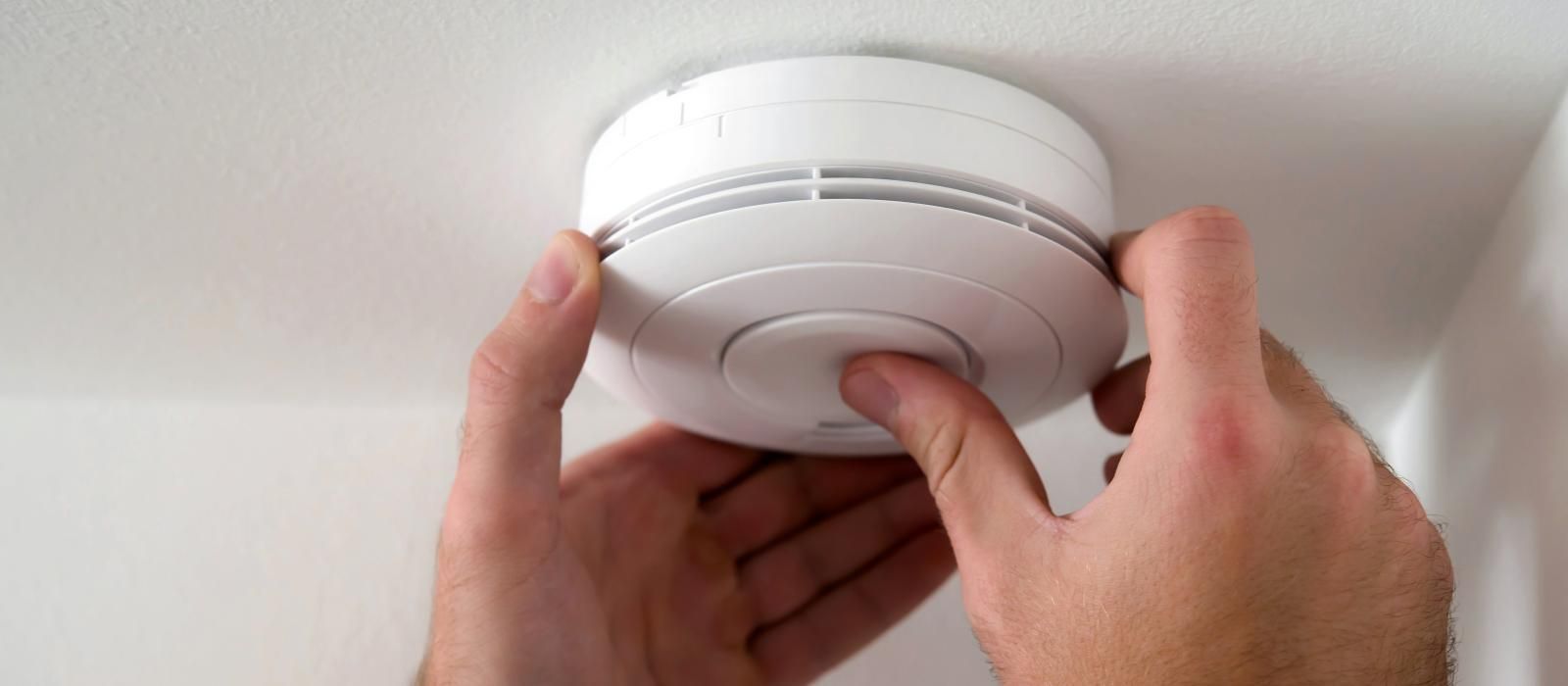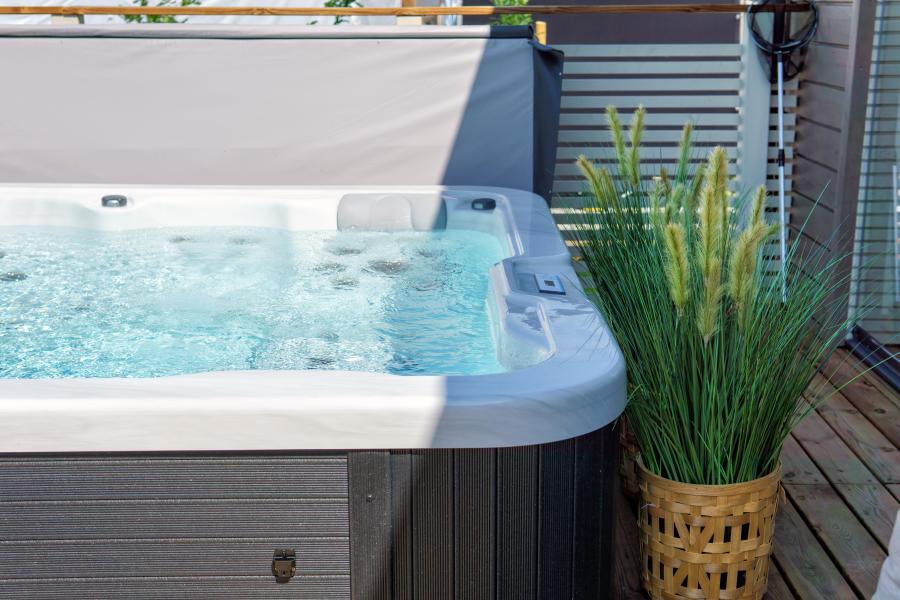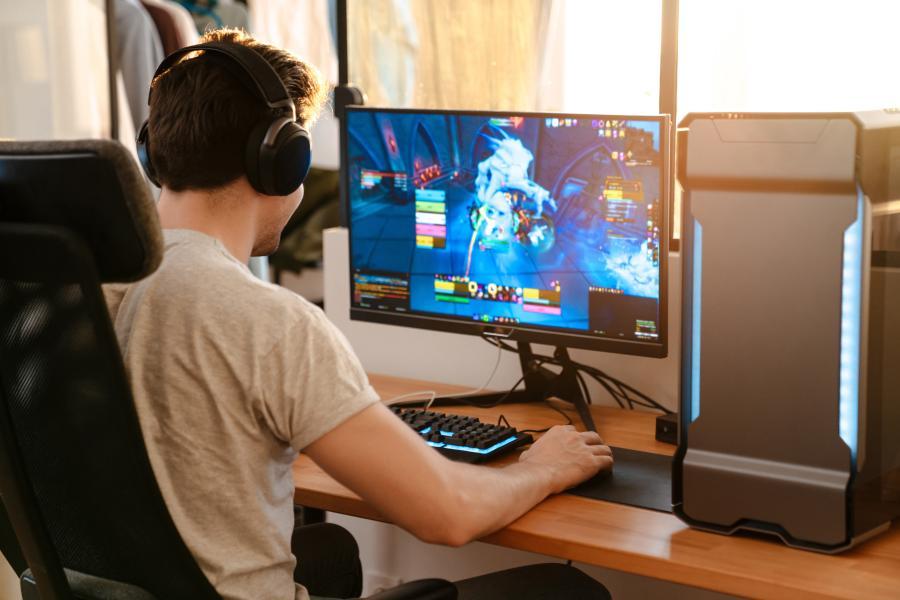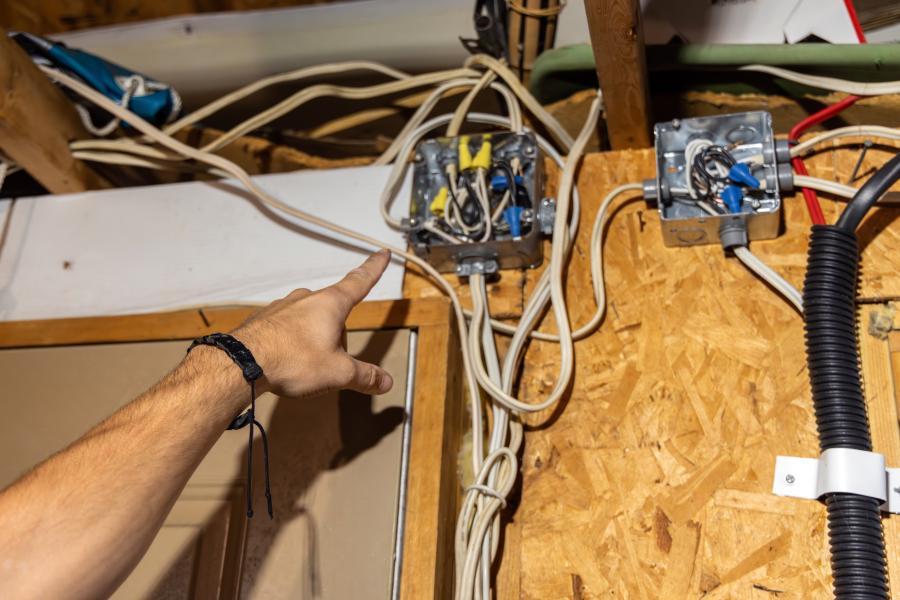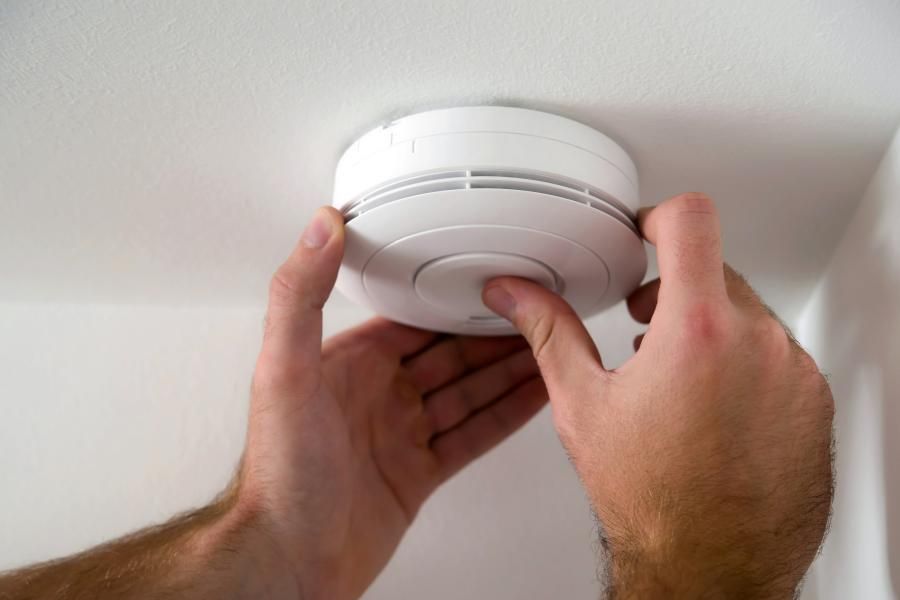
Smoke and Carbon Monoxide Detectors
Are you and your family protected from fires, smoke, or carbon monoxide?
Let’s start with some important questions:
-
Do you have smoke detectors installed in your home?
-
Are they installed in the right places?
-
Do you have enough detectors?
These are all equally critical to keeping you and your loved ones safe. At John’s Electric, we can’t stress enough how vital it is to have smoke and carbon monoxide detectors installed correctly. Sadly, we’ve seen far too many homes in Birmingham that either lack detectors or don’t have enough of them in the right locations.
Why Are Smoke and Carbon Monoxide Detectors So Important?
Smoke Detectors
Did you know that most people who die in a house fire don’t die from the flames? They die from smoke inhalation. Even worse, this often happens at night while they’re sleeping. By the time they wake up—if they wake up—the smoke can be so thick that it’s impossible to escape.
If you ever find yourself in a fire, remember this critical advice: Stay low to the ground and crawl out as fast as you can. The air is clearer and safer near the floor.
Carbon Monoxide Detectors
Carbon monoxide (CO) is known as the silent killer for a reason—it’s colorless, odorless, and tasteless, making it impossible to detect without an alarm. CO poisoning can cause severe health issues, permanent damage, or even death.
This dangerous gas comes from common household appliances like gas stoves, dryers, water heaters, furnaces, and even fireplaces. If these appliances aren’t properly ventilated, carbon monoxide can build up in your home and become deadly.
How to Protect Your Family
The best way to safeguard your loved ones is by installing smoke detectors, alarms, and carbon monoxide detectors in your home. Here’s how they help:
-
Early Warning System: Detectors alert you to fire, smoke, or carbon monoxide threats in the early stages, giving you and your family time to get to safety.
-
Interconnected Safety: Modern detectors should be interconnected, meaning that if one alarm goes off (say, in a bedroom), all the alarms in your home will sound. This ensures you’ll know about the problem, no matter where you are in the house.
-
Battery Backup: In case of a power outage, detectors with battery backup will keep working for a short period of time, so you’re always protected.
Maintenance Tips for Smoke and CO Detectors
Just installing detectors isn’t enough—they need to be properly maintained to keep you safe:
-
Check them regularly. Test your smoke and carbon monoxide detectors every few weeks to make sure they’re functioning properly.
-
Replace batteries frequently. Don’t wait for the low-battery beep to remind you—it’s better to be proactive.
-
Keep them clean. Dust and debris can interfere with performance, so gently clean your detectors as needed.
Taking these small steps can help you avoid unnecessary risks and ensure your home is always protected.
Warning Signs of Carbon Monoxide Poisoning
Because carbon monoxide is undetectable without an alarm, it’s important to know the symptoms of CO poisoning:
- Dizziness
- Headaches
- Nausea or vomiting
- Lightheadedness
- Fatigue or weakness
- Sleepiness
- Irregular breathing
- Shortness of breath
- Confusion
- Chest pain
If you or anyone in your home experiences these symptoms, leave the house immediately and seek medical attention.
Let John’s Electric Keep You Safe
Don’t leave your family’s safety to chance. If your home doesn’t have enough smoke or carbon monoxide detectors—or you’re unsure about the placement or condition of your existing ones—call the experts at John’s Electric today.
We’ll inspect your home and make sure you have the correct number, placement, and type of detectors to keep your family safe. We can also provide monthly maintenance or answer any questions you have about your current system.
Your safety is our number-one concern. Call us today at (205) 426-0583 or use our online service request form and get the peace of mind you deserve!
